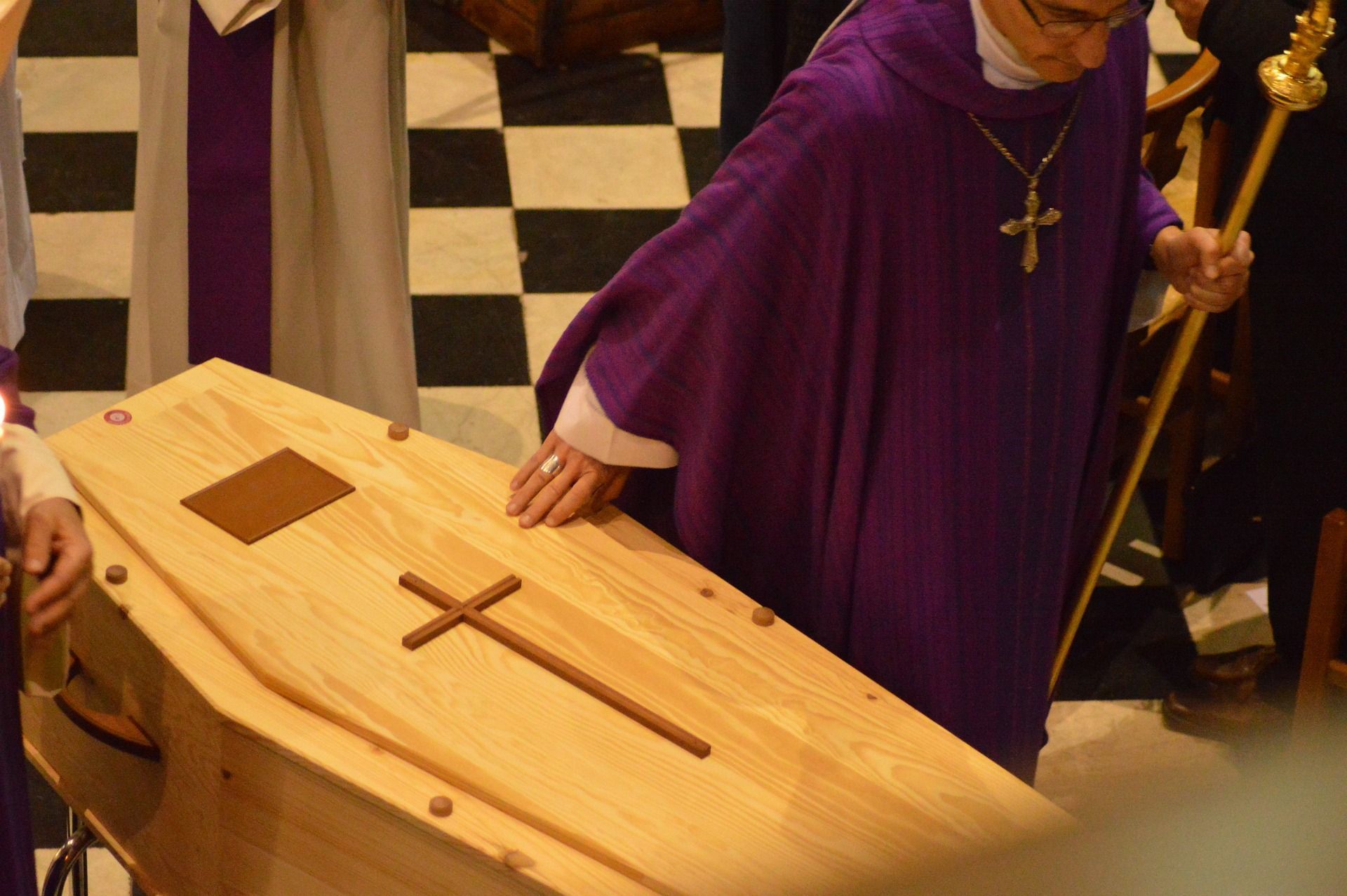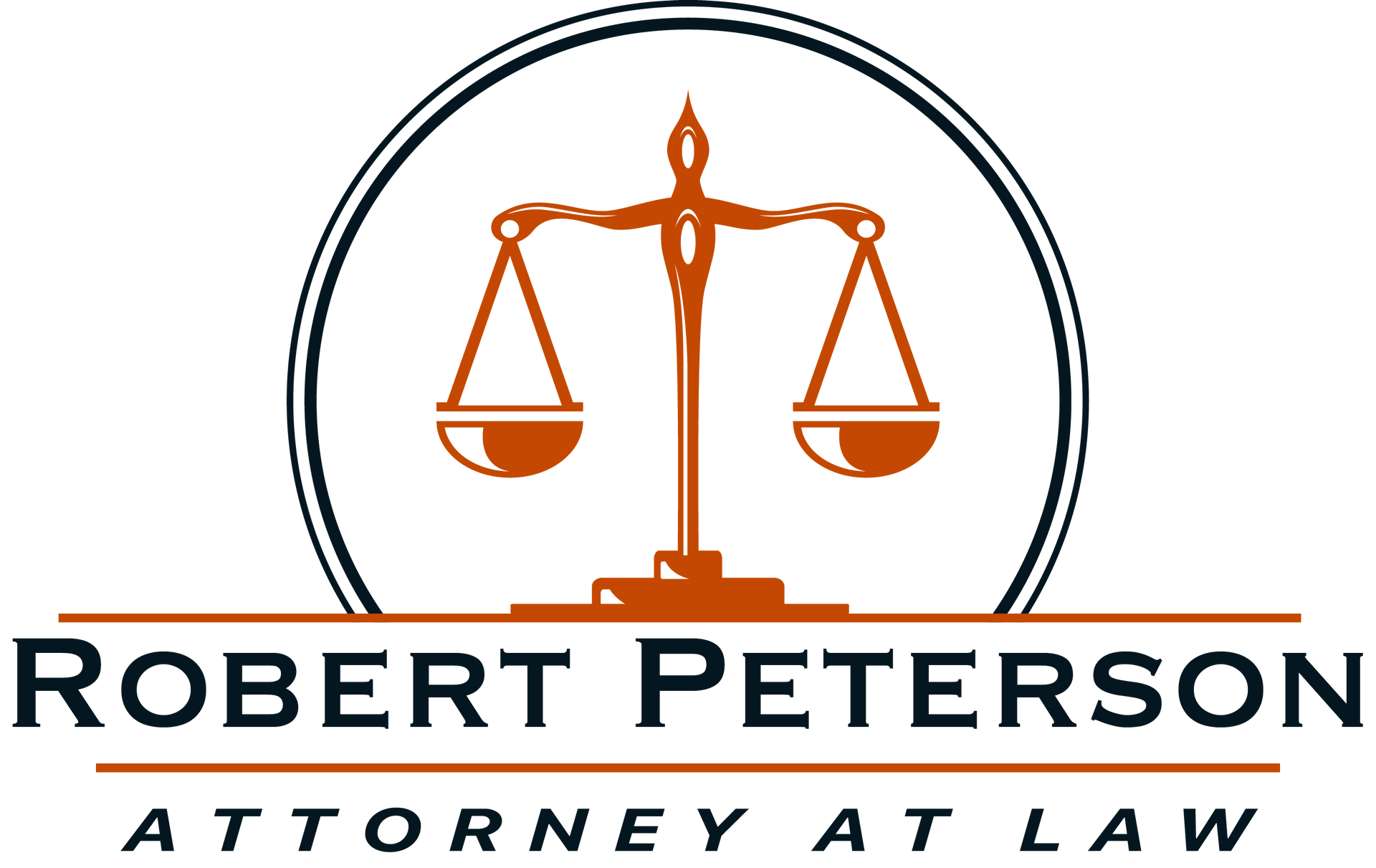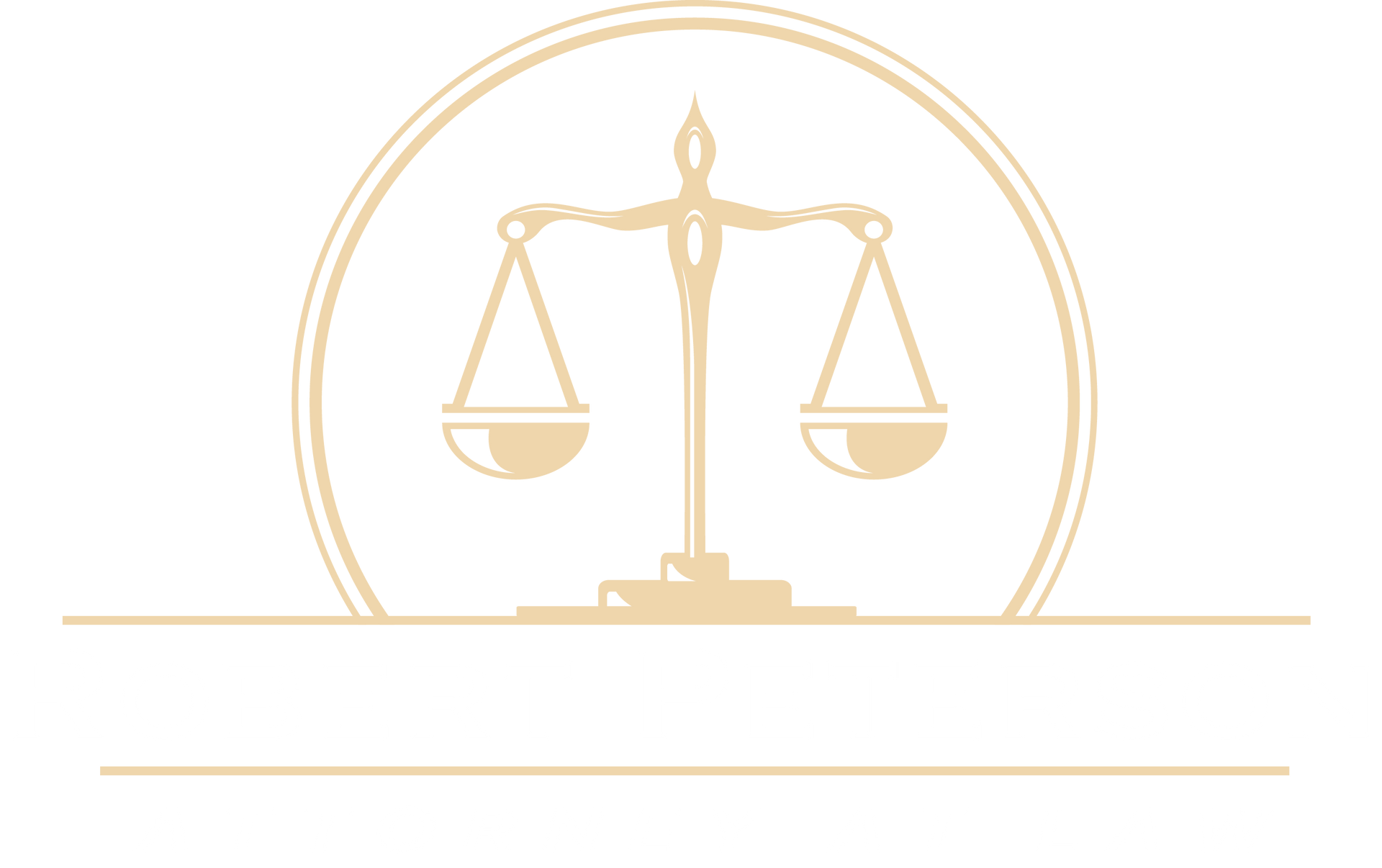What Do I Do After the Death of a Family Member or Friend?
 Image by Dorothée QUENNESSON from Pixabay
Image by Dorothée QUENNESSON from Pixabay
Checklist for Deceased Family
Member or Friend
Immediate Action
1. Call 911 if not at medical care facility. You must call immediately without delay. Delay can lead to criminal charges.
2. If at medical care facility, Show “Do Not Resuscitate” Document if exists. If at hospital or care facility, staff will usually take care of some of the arrangements.
3. Determine who is going to take the lead for the estate and legal issues. You may want to download a checklist from an organization such as SevenPonds.com
4. Determine decedent’s wishes for donation, funeral arrangements, decisions. Check will or other documents, friends, relatives.
5. Notify hospital if organ donor- check drivers license or health care directives to determine.
6. Call mortuary if not donating body (check directives). Funeral director will usually help with obtaining death certificate, arrange services and transport. Prepare obituary, notify employer, attorney, insurance company and banks. Arrange for headstone. Mortuary will need information such as birth date, city, state of birth, social security number, marital status, education information, immediate family, insurance information (but do not disclose details of policy information prior to agreeing on financial arrangements), copies of military discharge (DD 214), cemetery deed paperwork, preplan funeral information.
7. Call clergy.
8. Notify personal doctor and dentist.
9. Notify close family and friends (asking them to contact others).
10. Arrange for care of dependents and pets. If Guardian is indicated in the will, guardian needs to be informed and children placed in care of guardian. If not or will cannot be immediately located, find suitable arrangement for dependents. If you cannot find suitable arrangements, as a last resort call DHHS.
11. Call the employer. Ask about benefits and pay due (including vacation and sick time, disability income). Ask about benefits for dependents, insurance policy through work, and filing information. Find out if member of union or credit union.
12. Notify police to watch house if no one is living in home. Thieves will often ransack a house once they discover the owner is deceased.
13. Check to ensure vehicle and valuables are secured. Change locks if necessary. Do not distribute property until probate court or your probate attorney allows. Personal representative may have to file inventory and appraisal with the court and may be prohibited from distributing property until the judge oks it.
14. If there is a Power of Attorney, notify the “attorney” (agent who was designated in the Power of Attorney to make decisions.) The Power of Attorney is ended with the death of the grantor.
Within a few Days
15. Arrange funeral/burial/cremation. Check to see if there are prepaid arrangements. Have family or friend accompany you to mortuary.
16. Prepare obituary. Submit to local papers and other papers as necessary. Determine if donations preferred over flowers.
17. Keep track of donations, flowers, and cards to be able to acknowledge their gifts and write thank you cards later.
18. Contact attorney. Find will and any requests. Check to see if will was filed in Probate Court. Determine if probate will need to be filed, and if so, what type of probate.
19. Secure bequeathed property items to allow distribution when directed by court/your probate attorney. Check will and any letters/writings.
20. Appraise/value valuable items. Real estate value = SEV from tax bills times two. Cars can be valued using Kelly Blue Book Online. You do not need to value clothes, household items, etc. unless they are valuable.
21. Arrange for estate sale if necessary. Hire company to hold sale if necessary. Deposit proceeds into estate account for later distribution.
22. Determine if any donations of property are to be made. If there is not an estate sale, local organizations will accept donations.
23. Find important papers such as deeds, insurance policies, business arrangements, tax returns including income and gift tax returns, bank accounts, earning statements, investment papers, birth (for person and children) and marriage certificates (maybe filed at court house), military discharge certificates (often filed at court house), Social security number, vehicle papers including titles and registrations, loan payments, bills, trust documents, retirement benefits, divorce paperwork, computer records, notes receivable, leases, health insurance, and other papers.
24. Contact veterans affairs (800-827-1000 or local VA agency) if person was a veteran, or local military unit if still on active duty.
25. Contact fraternal organizations if belonged to fraternal organizations or unions. May have insurance or honor guards.
26. Have friend or relative watch home, answer phone, collect mail, water plants, dispose of food.
27. Locate investment information, bank information, insurance information, pensions. Stop any future orders. Change registration. Delete deceased from joint accounts. Check on beneficiaries.
28. Call Social Security (800-772-1213) (and Veterans Administration, if applicable) to stop any payments and ask about survivor benefits. If surviving spouse, ask about increased personal benefits and one-time death benefit of $255. Veterans may qualify for allowances, headstone, cemetery space, flag, and honor guard.
29. Social Security will notify Medicare, but if enrolled in Medicare prescription Drug Coverage (part D), Medicare Advantage or had Medigap policy, you will need to contact plans to cancel.
30. Stop health insurance after filing final expense bill. Call company. Check for coverage of dependents and if it continues.
31. Contact utility companies to change or stop service unless it is needed to protect the house (such as heat in cold periods). Remember probate can take months to years to resolve.
32. If person had a passport, contact State Department office.
33. Call life insurance companies. Locate policies. Call agents to file claim. Ask about payment options. Check if deceased was listed as beneficiary on a policy. If so, arrange for change paperwork.
34. Call other insurance companies such as home owners and auto insurance. Check if insurance policies cover an accidental death if applicable. Do not cancel policies until after covered property is distributed, sold, or disposed.
35. Contact postal service to forward mail to personal representative to accumulate bills and asset information.
36. Contact local banks to determine if safe deposit box or accounts. Check for keys. Probate Court may need to order access to safe deposit boxes.
37. Check for online accounts and passwords.
38. Get copy of credit report to locate possible creditors and assets. Your attorney may have access to services to locate creditors and assets.
39. Ensure that insurance payments on property are continued until property is transferred.
40. Remember fiduciary duties. Be deliberate and not hasty with any decisions and payments. There may be false claims and irritable relatives. You can be responsible for erroneous payments.
41. Check if leased property or property management company. May need to cancel leases or contracts.
Up to 10 days after death
42. Obtain death certificates from funeral home or county. Get at least 5 copies immediately. You will probably need about a dozen or so, but all need not be certified.
43. Contact attorney. Attorney will take will to county probate clerk , open probate, and have personal representative appointed. Get Letters testamentary or letters of administration to allow you to administer estate (get multiple copies). Not all estates need to be probated. There has to be items which do not pass without probate (real estate, items titled in deceased name, etc.) Talk to your attorney whether probate needs to be filed and what type of probate to file.
44. Personal representative should open bank account for deceased estate if there will be funds coming into estate. Retitle other bank accounts into one account with the estate name. The estate bank account will require an EIN from the IRS website (irs.gov).
45. Personal representative should develop a list of assets that may need to be filed with the court. Assets include real estate, personal property, bank and investment accounts, vehicles, furniture, jewelry. Assets generally should not be paid out to heirs until after the period for creditors runs out to make claims or reserve ensured to pay bills (4 months after the newspaper notice is published.)
46. Personal representative should make a list of bills. Do not pay bills out of own funds, as that increases the value of the estate. Do not be hasty to pay bills. IN FACT, do not pay any bills unless it is to protect property of the estate from being destroyed, damaged, or loss of value.
47. Contact decease's tax preparer. Check to see what taxes need to be filed. State, Federal final income tax returns should be prepared. Estate tax return may be required. Keep account paperwork to show balances on day of death. If there is a Revocable Living Trust, it becomes irrevocable at the time of death, and a tax return will need to be filed for the Trust.
48. Contact insurance companies and file death claims. Check on beneficiaries.
49. Contact pension representatives to inform of death and check for beneficiaries.
50. Send thank you cards.
51. Call financial advisers. Determine beneficiaries listed on accounts. If living beneficiaries, the accounts pass outside of probate.
52. Notify mortgage companies and banks. Determine if mortgage is under water. If so, determine how best to dispose of property.
53. Close all credit card accounts. Call customer service phone numbers. Do not pay credit card bills yet until all creditors are determined. Then check with your attorney first.
54. Notify credit reporting agencies to flag account (Equifax, Experian, and TransUnion).
55. Cancel Driver’s License.
56. Cancel email and website accounts. Some websites cannot be transferred to other persons but if the website has important information, you may want to try to change ownership.
57. Cancel memberships in organizations such as professional organizations. Check to see if insurance or special funeral arrangements.
58. Contact local election board to notify of death to remove person from voting rolls.
59. Cancel subscriptions, memberships, and services.
60. Ensure that wills and beneficiary information with banks, insurance, and financial institutions are changed if the deceased was listed as an heir or beneficiary.
61. File health insurance claims for final illness.
62. If owner of business, check for buy-sell agreements. Execute any agreements. Determine if business will continue to operate. Make business arrangements.
63. Dispose of leftover medications.
64. If you believe other assets exist, you might have to hire an asset search service to locate them. Check with your attorney.
Simplified Checklist for Executor/Personal Representative
1. Gather all assets together and keep account of assets. Sell assets that need to be sold. Keep funds for payment of bills or distribution to heirs. Put funds in an estate account which will require a new account from a bank and an EIN from the IRS- go to irs.gov.
2. Gather all bills. At this time do not pay any bills other than possibly mortgage, utility payments to keep heat on, or car payment, or other bills that you must pay to keep assets safe and retain their value for the estate.
3. Keep accounting for all payments. See #2 above. A simplified order of priority for payments (check with your attorney).
a. Court costs that will be due with the turn in of the inventory
b. Administration costs, attorney fees, executor fees
c. Funeral costs and expenses and final medical bills
d. Other bills such as credit cards
4. Prioritize and pay bills 4 months after newspaper announcement to creditors after talking to your attorney.
5. Inventory fee due to court 91 days after appointment. Fee due to court based on value.
6. Distribute assets per will or rules after bills paid. Deeds completed for real estate. Titles transferred for vehicles.
7. Ensure final tax income return is filed if required.
8. Close case when all bills paid (or rejected due to lack of funds) and assets distributed. Talk to your attorney about time to close.
Contact Robert Peterson, Attorney at Law, P.C. for assistance in any of the above items.



